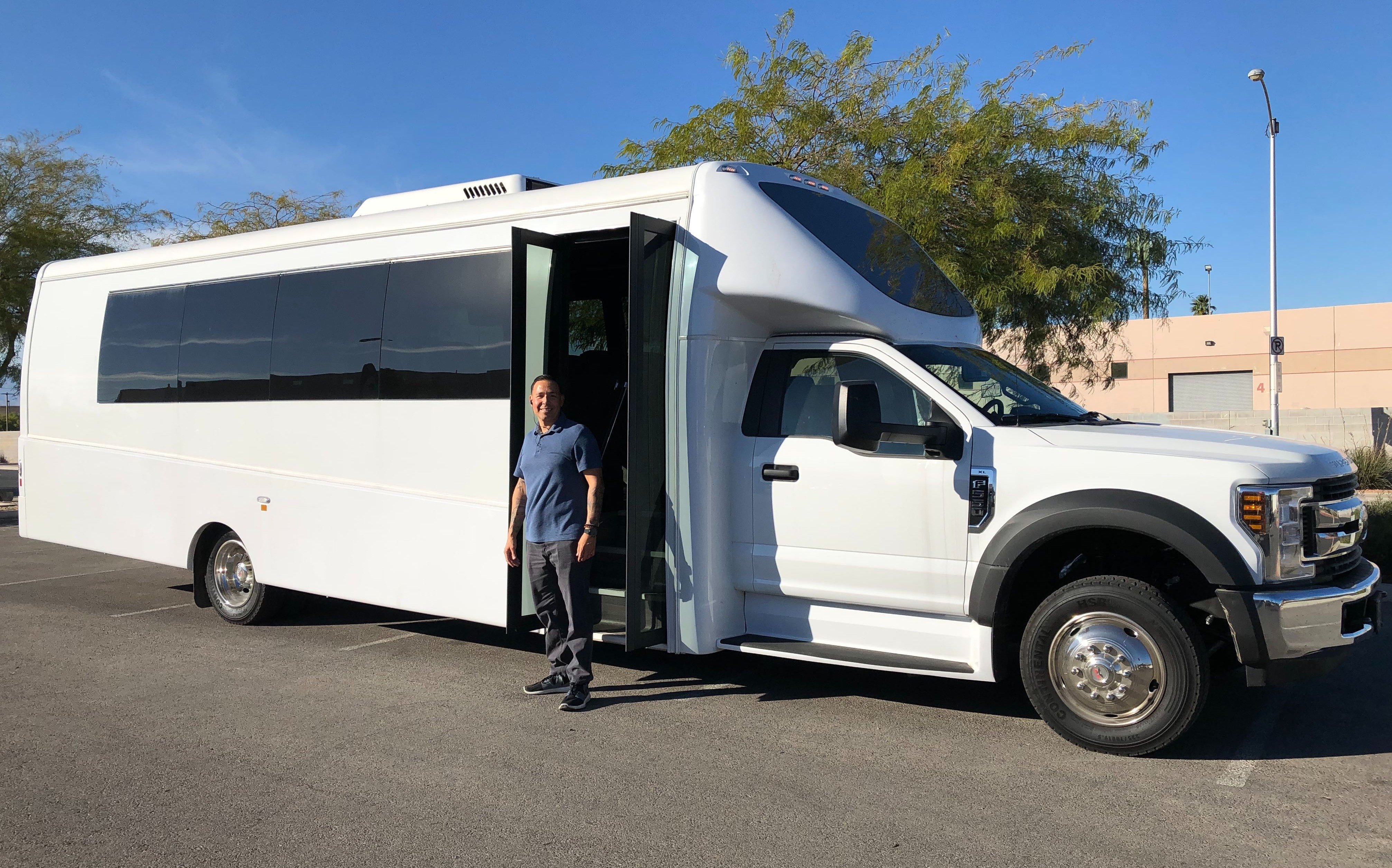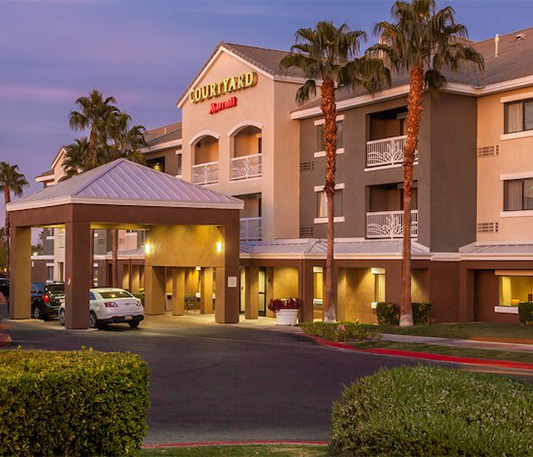Intermediate Abdominal Ultrasound
July 7-9, 2024
This intermediate course builds on the basic course by focusing on common abdominal pathologies in various organs and includes a review of ultrasound machine use and normal anatomy. Over three days, participants will spend 12 hours in the lab practicing complete examinations on dogs and cats, optimizing their image acquisition and understanding the advantages and limitations of ultrasound under expert guidance.
ABOUT THIS COURSE
This course is designed to be the continuation of the basic course. Where the basic course focuses on the ultrasound machine and normal anatomy, the intermediate course will focus on the common abnormal pathology seen in the abdomen. An overview lecture covering the ultrasound machine and a normal ultrasound examination will be covered as a review, but the pathology of the liver, spleen, kidneys, adrenal glands, pancreas, urinary bladder and gastrointestinal tract are the main focus of this course.
In this 3-day course 12 hours are spent in the laboratory practicing a complete examination on dogs and cats as well as working on any difficulties you have on your image acquisition. Care will be spent teaching image optimization and image acquisition under expert guidance making sure you optimize your hands-on experience. When you are finished this course, you will understand the advantages and limitations of ultrasound as well as optimizing your examination to ensure that you have the best chance to find the pathology that is present within the abdomen when you return to your clinic.
Learning Objectives
The participant will understand how to perform a complete systematic ultrasound examination of the abdomen.
The participant will see the general pathologic changes identified on ultrasound in each organ and learn the limitations and benefits that ultrasound provides to help identify abnormalities.
The participant will have additional practice finding the adrenal glands and pancreas in dogs and cats.
The participant will learn and develop a complete approach for evaluating the normal gastrointestinal tract.
Case examples will be used to illustrate the appearance of common diseases of the liver and spleen, gastrointestinal tract, urogenital tract, and the pancreas and adrenal glands.
Expected differences between normal dog and cat ultrasound anatomy and pathology will be reviewed.
Questions? We're here to help
Access the Support Center at support.viticusgroup.org or submit a ticket to email support@viticusgroup.org.
LAB INSTRUCTORS

Kate Sippel, DACVR, DVM
Hotel Accommodations and Travel
Viticus Group’s official lodging partners are the Residence Inn by Marriott and Courtyard by Marriott. Special lodging discounts are available to participants attending courses at the Viticus Center. Please make these arrangements once you have purchased your course by calling either Courtyard at 702.434.4700, or Residence Inn at 702.434.2700, and mention that you are attending a course at the Viticus Center.
PACKING TIPS
- Scrubs are available upon your arrival if needed.
- Closed-toe shoes are required during labs.
- A light sweater for indoor areas.
- Plenty of sunscreen.
- Electronic charging device to power up.
- Valid ID - We highly recommend you carry your ID at all times in Las Vegas.
TRANSPORTATION DETAILS
- Airport Pick up: Available on request, 24 hours, 7 days a week. Please contact the hotel at once you've retrieved your luggage, and your hotel will let you know where to wait for the shuttle.
- Transportation from your hotel to the Harry Reid Airport: You will need to sign up at the front desk. These shuttles run once an hour. They will ask you to sign up no less than 2 hours before expected departure.
BOOK YOUR HOTEL HERE
TRANSPORTATION
Viticus Group transportation includes shuttle pick-up at the Residence Inn 45 minutes prior to the start of your course start time and a short ride to the Viticus Center. At the close of each day, our shuttle will take you back to the Hotel.
Last Day Transportation: Shuttle provided both to the airport, and back to the Hotel. (Luggage storage available on campus)
If you are a Las Vegas local, or are driving yourself to the course, please arrive to the Oquendo Campus 30 minutes before the start time.
** Please refer to the agenda and email updates for transportation times.**
Public transportation in Las Vegas is limited.
If you are staying somewhere other than our preferred partner, you will need to arrange for your transportation to and from the Viticus Center. If you are renting a car, Mandalay Bay, Luxor, and several other hotels on the strip may charge for parking. Other transportation options for getting around are taxi service, Uber and Lyft.







